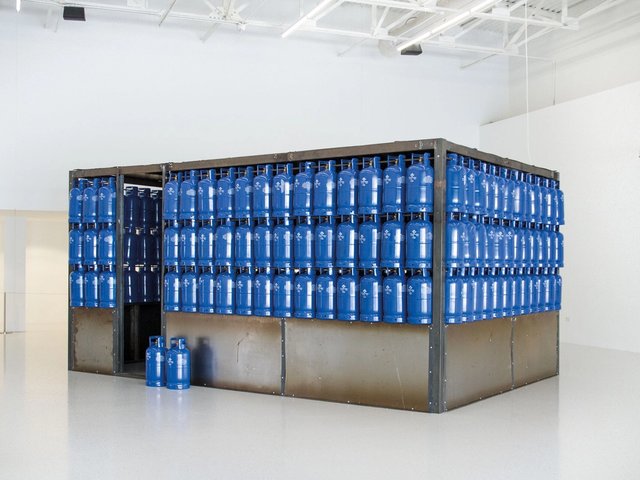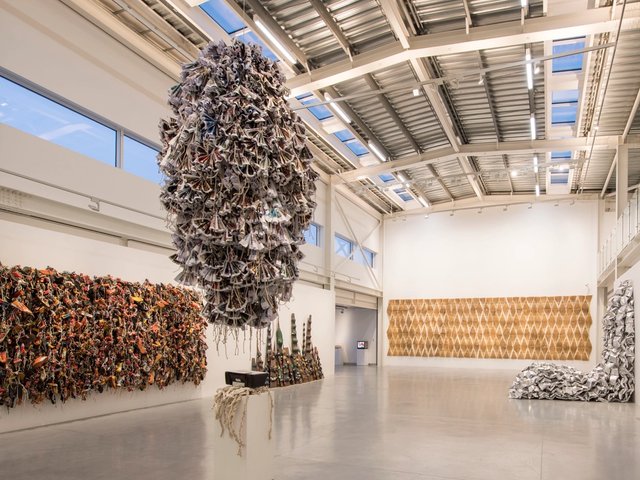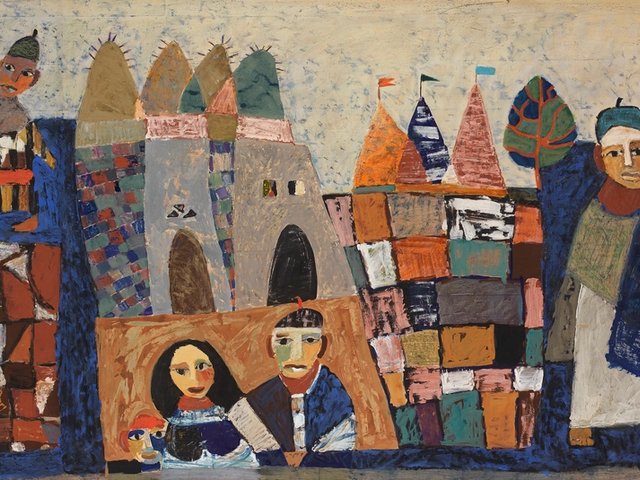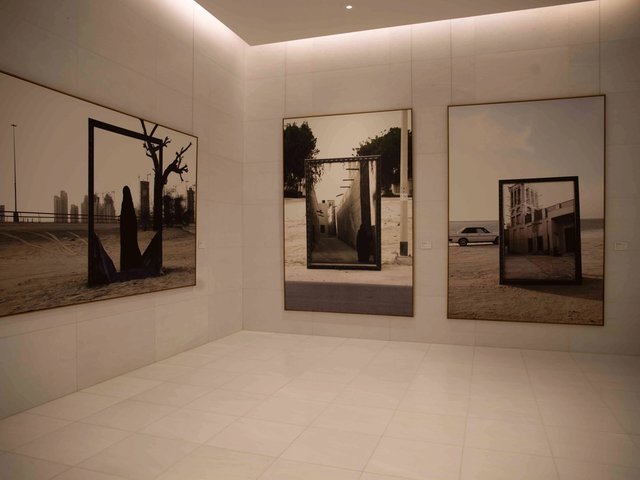Modern art by Arab artists will take over the Tehran Museum of Contemporary Art (TMoCA) this November. The Sea Suspended: Arab Modernism from the Barjeel Collection (8 November to 23 December) will include around 40 works made between the 1940s and the 1990s from across the Arab world. The works are drawn from the extensive collection of the Barjeel Art Foundation, which is based in Sharjah in the United Arab Emirates. It will be the first time a show of modern Arab art has taken place in Iran, according to the foundation.
Given the political tensions in the region, the exhibition marks a significant moment of cultural diplomacy between Tehran and Sharjah. “Art is important in that it allows experiences to be shared, even across the boundaries of language or culture,” said the director of TMoCA, Majid Mollanorouzi, in a statement. “This is of even more importance when we work together with organisations from the region.”
The title of the show, The Sea Suspended, is taken from a poem by the Palestinian poet Mahmoud Darwish. “The image of a temporarily suspended sea as a way to bridge everyday boundaries that are difficult to cross seemed appropriate,” said Karim Sultan, a curator at the Barjeel Art Foundation. A publication on the exhibition containing discussions on the similarities and distinctions between Arab and Iranian modern art will be released during Art Dubai in March 2017.
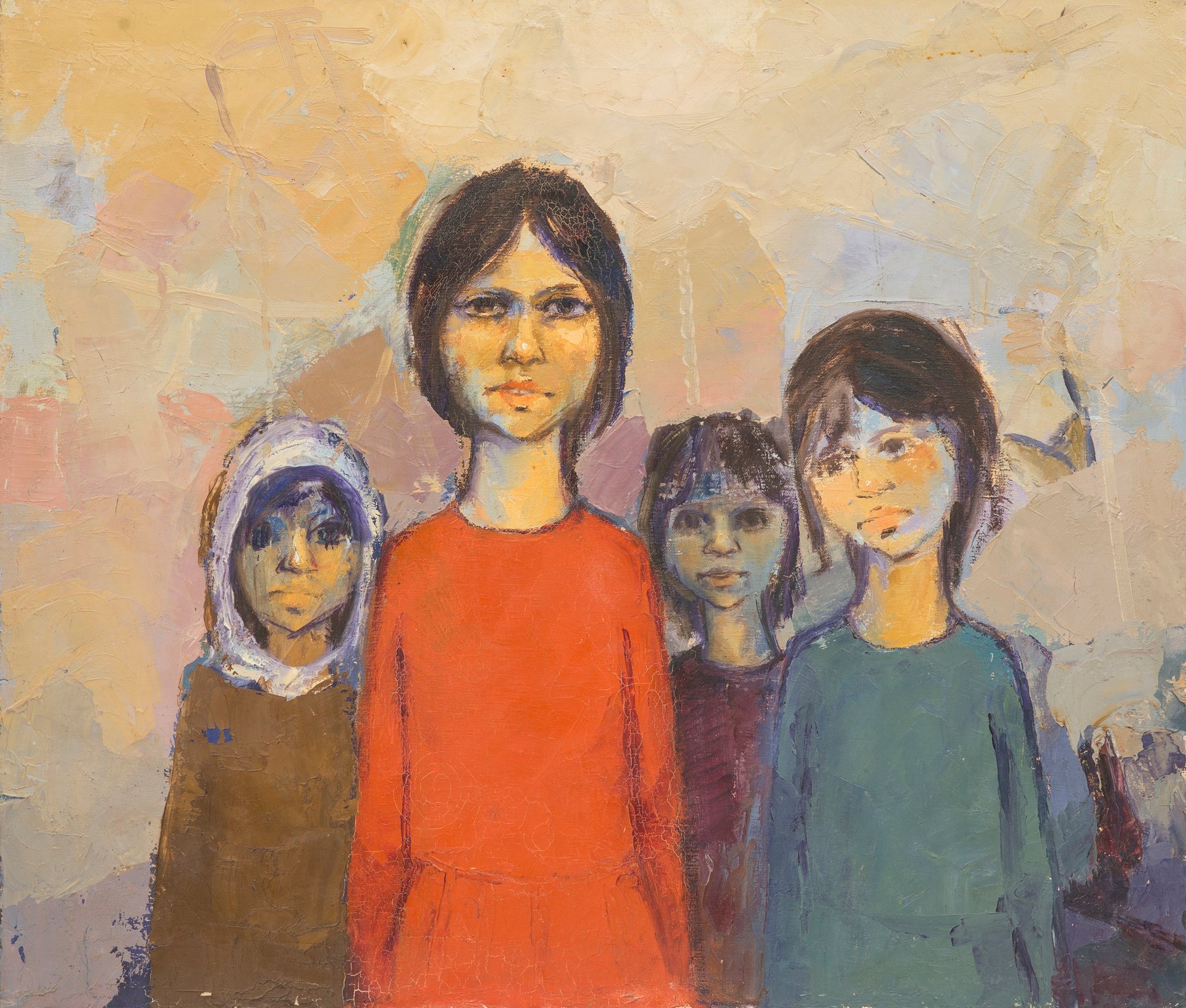
The exhibition is the result of extended negotiations between a small network of individuals and galleries working between Iran and other countries in the region. Discussions began between the Barjeel Art Foundation and Sanaz Askari, the Iranian founder of The Mine Gallery in Dubai. She put the foundation in touch with Ehsan Rasoulof, the founder of Mohsen Gallery, who had recently exhibited contemporary Arab artists in Tehran. Together they helped facilitate the exhibition at TMoCA.
The Sea Suspended is the latest in a growing number of international shows exploring 20th-century Arab art. They include the Imperfect Chronology series at the Whitechapel Gallery, London, The Short Century at Sharjah Art Museum, and the travelling exhibition Baby Elephants Die Alone: Rupture, War and Surrealism in Egypt, which is set to open at the Georges Pompidou Centre, Paris, on 28 September. “The growing popularity of contemporary Arab art in the last 15 years has fuelled an interest in the modern period so as to give historical context to new works,” Sultan says.


